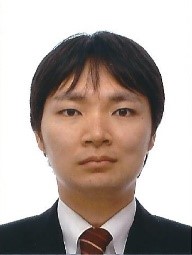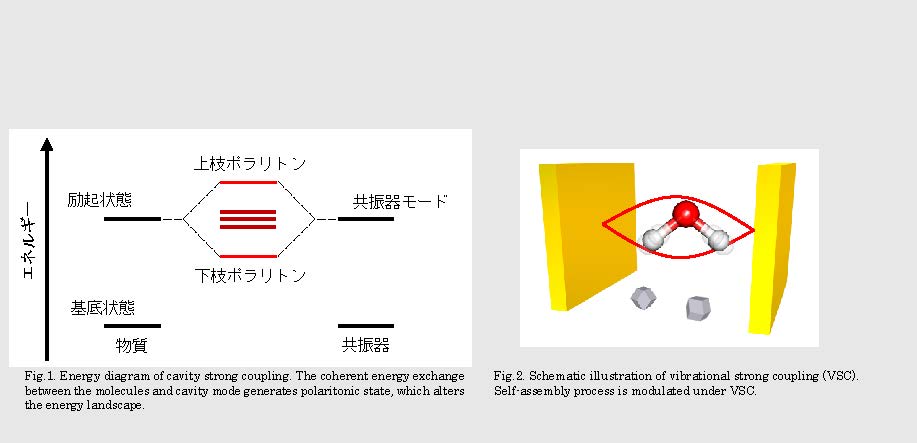
RIES
Research Institute for Electronic Science, Hokkaido University
北海道大学
電子科学研究所

LAST UPDATE 2017/12/08
-
研究者氏名
Researcher Name平井健二 Kenji HIRAI
准教授 Associate Professor -
所属
Affiliation北海道大学 電子科学研究所
光科学研究部門 ナノ材料光計測研究分野
Research Institute for Electronic Science, Hokkaido University
Photonics and Optical Science, Laboratory of Nanomaterials and Nanoscopy -
研究キーワード
Research Keywords強結合/金属有機構造体/ナノマテリアル
Strong Coupling/Metal-Organic Frameworks/Nanomaterials
- 研究テーマ
Research Subject -
共振器強結合を用いた材料開発と反応制御
Cavity Strong Coupling for Material Chemistry
研究の背景 Background of the Research
分子のエネルギー状態や分子間相互作用を変化させることで、機能性材料の新規物性の発現や化学反応の操作が可能となる。従来の分子化学は、物性や反応に適した分子を設計する方法を基軸としてきた。このような化学的方法ではなく、外場によって分子の性質を変えることができれば、新たな物性や化学反応を創り出すことが可能となる。
By altering the energy states of molecules and their intermolecular interactions, it becomes feasible to generate novel properties in functional materials and manipulate chemical reactions. Traditional molecular chemistry has relied on the approach of designing molecules that align with desired physical properties and reactions. The utilization of external fields to modify material properties has the potential to unlock new avenues for creating novel physical properties and chemical reactions.
研究の目標 Research Objective
光共振器の中に分子を導入して強結合にすることで、分子のエネルギー状態を変調させる。強結合の状態によって機能性材料の新規物性発現、化学反応の操作、自己集合現象の制御を行う。
The strong coupling of molecules in a Fabry–Perot cavity enables to alter the energy states of the molecules, leading to the control of molecular properties. Our objective is to develop methods that leverage strong coupling to generate fresh properties in functional materials, while also gaining control over chemical reactions and self-assembly processes.
研究図Figures

Fig.2. Schematic illustration of vibrational strong coupling (VSC). Self-assembly process is modulated under VSC.
論文発表 / Publications
Chem. Sci. 12 (36), 11986 (2021). Angew. Chem. Int. Ed. 59 (13), 5332 (2020). ACS Nano, 11 (6), 5309 (2017). Angew. Chem. Int. Ed., 54 (31), 8966 (2015). J. Am. Chem. Soc., 136 (42), 14966 (2014). Angew. Chem. Int. Ed. 50 (35), 8057 (2011).
研究者連絡先 / HP
- hirai
 es.hokudai.ac.jp
es.hokudai.ac.jp - https://sites.google.com/view/kenjihirai